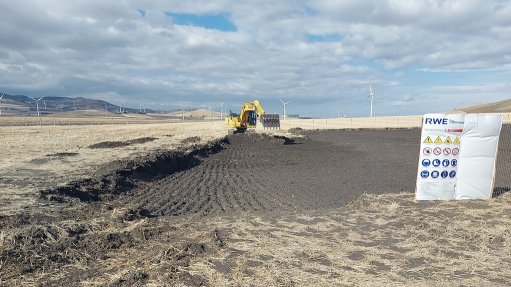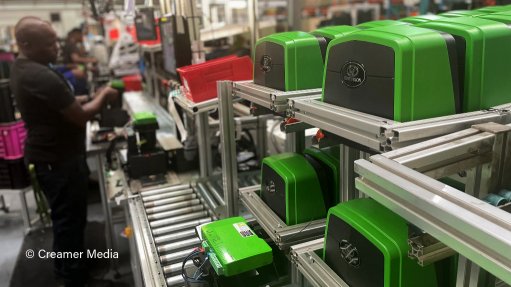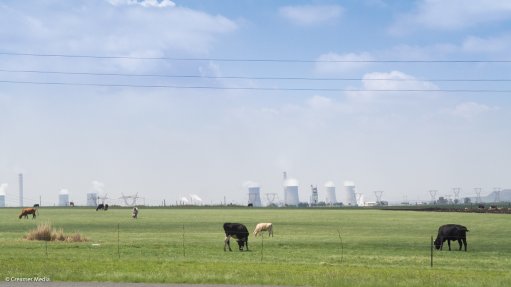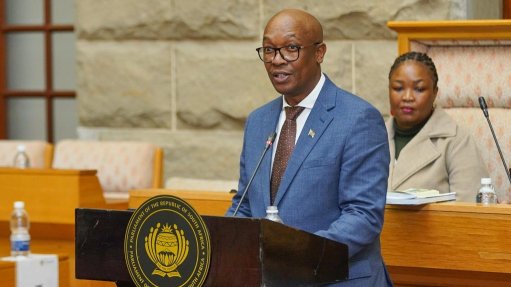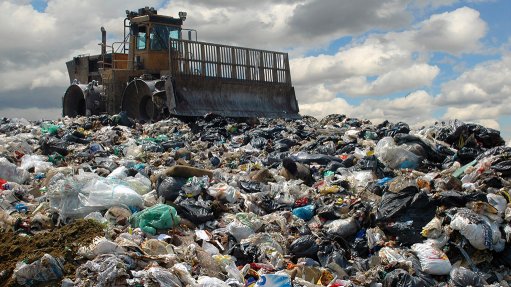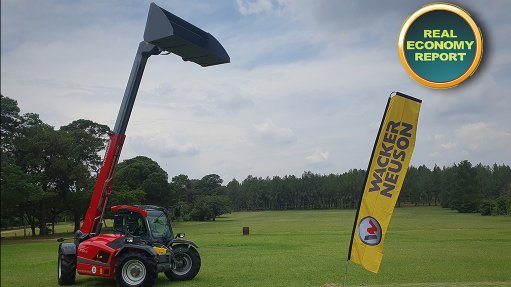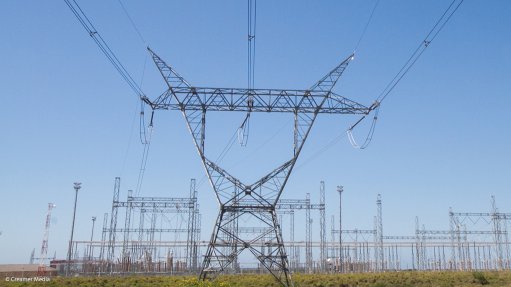Digital authoritarianism
How do you tell when an African leader is about to go rogue? The clearest tell-tale sign is when he (there are very few she’s) starts displaying a propensity for engaging in such behaviour as clamping down on the free flow of information, a herd instinct among dictators.
That’s precisely what Senegal’s President Macky Sall has done; his government announced last week that the West African country is intent on introducing a law to regulate social media, saying: “No organised society can accept what is happening here today. We are going to put an end to it, one way or the other.”
There are fears this move could be used to crack down on young people using social media to organise protest action against Sall’s administration.
The Senegalese President is not the first African leader to go this route. Next door, in eSwatini, mobile network operators – including South Africa’s MTN – were ordered to suspend access to Facebook and its Messenger app at the height of protests by pro-democracy forces in July last year. A wide-ranging Internet ban had been imposed during an earlier bout of protests against the country’s monarchical order.
In 2016, The Gambia, under then President Yahya Jammeh, blocked citizens’ access to the Internet generally and specific social media platforms. Those in charge of Ethiopia, Uganda, Nigeria, Zambia (under former President Edgar Lungu) and Zimbabwe – among others – have all followed suit. Sall is an outlier from this crowd in that, up to now, he has not come across as a ‘certified’ dictator. But he is no saint, especially in light of his 2018 introduction of an electoral law intended to limit eligibility criteria in the 2019 Presidential election. That said, he is not in the same league as the Emmerson Mnangagwas and Yoweri Musevenis of this world.
So, it became extremely worrying when Sall made his recent pronouncement.
I know it’s no consolation, but Internet freedom around the world has been declining for about a decade now, according to democracy and human rights nongovernmental organisation Freedom House. One of its recent reports paints a damning picture of the extent to which African governments are backsliding into what it calls “digital authoritarianism” – even when some of these governments do their damndest to create the impression they are champions of democracy.
One of the Freedom House report writers noted: “Challenges to democratic transitions in countries like Ethiopia and Sudan have sharpened the decline of Internet freedom in those countries.”
While the media spotlight has largely been on brazen government Internet and social media blackouts, those who keenly follow the goings-on in this space point out that less blunt tools to stifle digital freedom are increasingly being used. This is fuelled by the availability of increasingly affordable tools to undertake mass surveillance of citizens. One such tool is Pegasus, the spyware sold by Israeli company NSO Group. Rwanda is alleged to be one of the countries – along with others across the globe – that are using Pegasus to target civil society activists, journalists and ruling party opponents.
Rwanda is not the only African culprit, however, with the Citizen Lab at Canada’s University of Toronto having alleged in a December 2020 report that government agencies in Kenya, Morocco, Nigeria, Zambia (when Lungu was still in charge) and Zimbabwe were likely to have bought spyware from another company, Circles, whose tools enable its customers to monitor calls, texts and cellphone geolocation.
The Internet penetration rate in Africa is estimated at 40%, and the African Union, supported by the World Bank, has set a target of having every person, business and government online by 2030 – eight years from now. How safe will the newcomers to cyberspace be from predatory governments that cannot stand citizens enjoying digital freedom?
Article Enquiry
Email Article
Save Article
Feedback
To advertise email advertising@creamermedia.co.za or click here
Comments
Announcements
What's On
Subscribe to improve your user experience...
Option 1 (equivalent of R125 a month):
Receive a weekly copy of Creamer Media's Engineering News & Mining Weekly magazine
(print copy for those in South Africa and e-magazine for those outside of South Africa)
Receive daily email newsletters
Access to full search results
Access archive of magazine back copies
Access to Projects in Progress
Access to ONE Research Report of your choice in PDF format
Option 2 (equivalent of R375 a month):
All benefits from Option 1
PLUS
Access to Creamer Media's Research Channel Africa for ALL Research Reports, in PDF format, on various industrial and mining sectors
including Electricity; Water; Energy Transition; Hydrogen; Roads, Rail and Ports; Coal; Gold; Platinum; Battery Metals; etc.
Already a subscriber?
Forgotten your password?
Receive weekly copy of Creamer Media's Engineering News & Mining Weekly magazine (print copy for those in South Africa and e-magazine for those outside of South Africa)
➕
Recieve daily email newsletters
➕
Access to full search results
➕
Access archive of magazine back copies
➕
Access to Projects in Progress
➕
Access to ONE Research Report of your choice in PDF format
RESEARCH CHANNEL AFRICA
R4500 (equivalent of R375 a month)
SUBSCRIBEAll benefits from Option 1
➕
Access to Creamer Media's Research Channel Africa for ALL Research Reports on various industrial and mining sectors, in PDF format, including on:
Electricity
➕
Water
➕
Energy Transition
➕
Hydrogen
➕
Roads, Rail and Ports
➕
Coal
➕
Gold
➕
Platinum
➕
Battery Metals
➕
etc.
Receive all benefits from Option 1 or Option 2 delivered to numerous people at your company
➕
Multiple User names and Passwords for simultaneous log-ins
➕
Intranet integration access to all in your organisation






